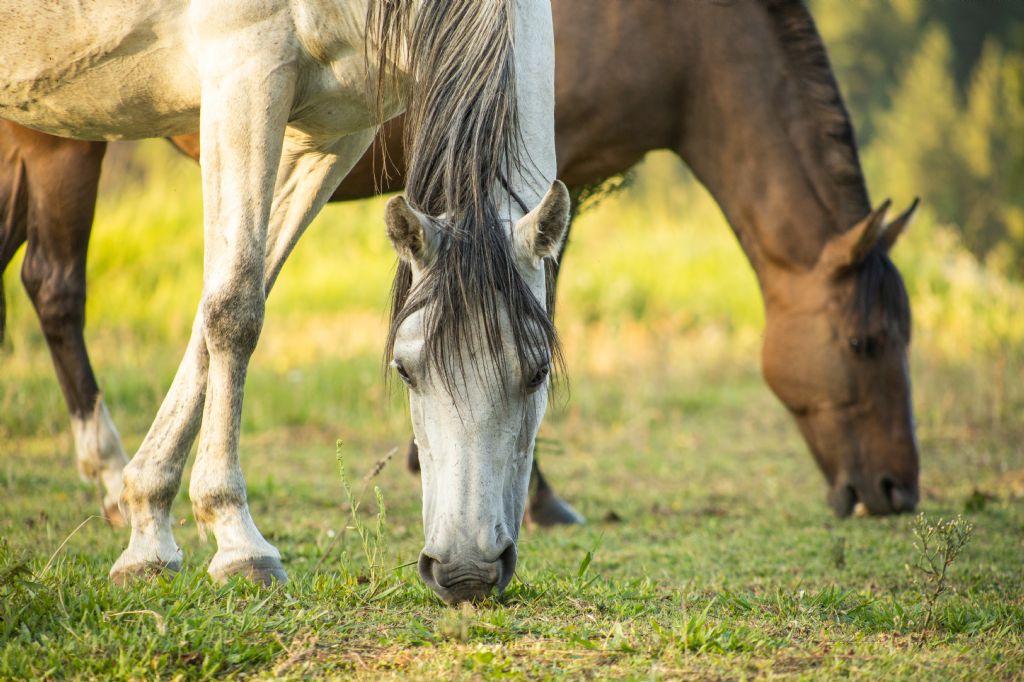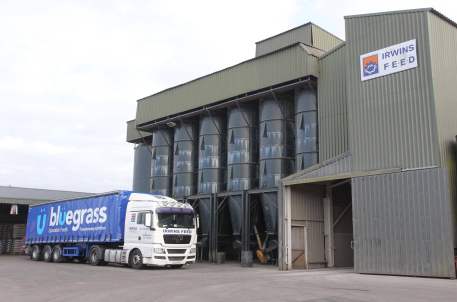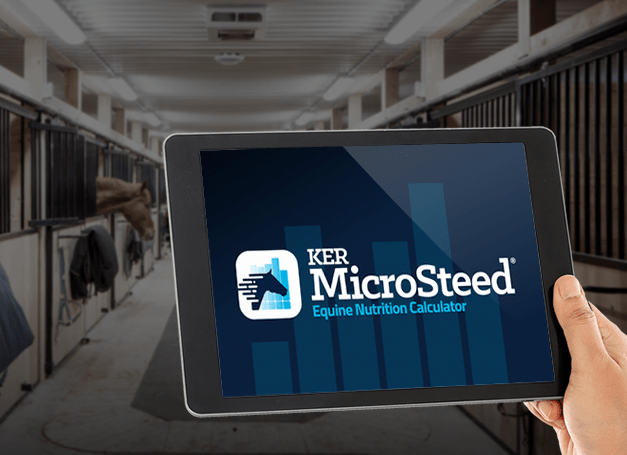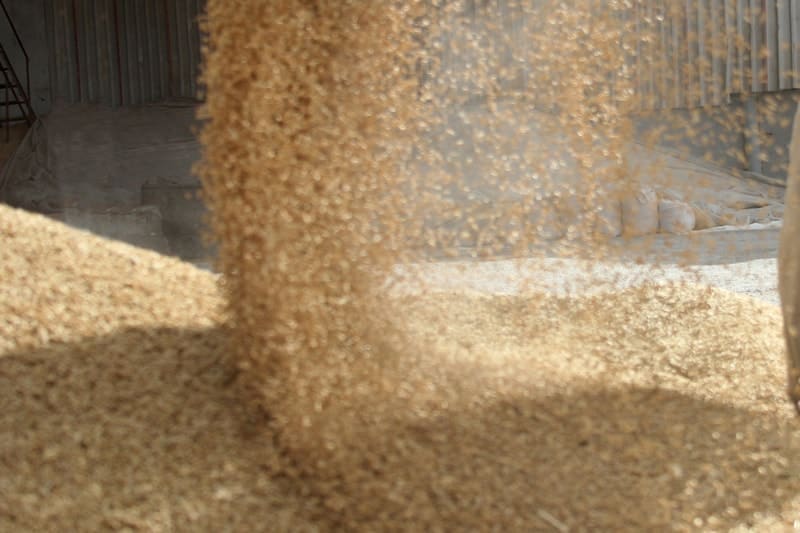Bluegrass News
Sweating is a natural mechanism used by horses to help regulate body temperature. Along with water, sweat also contains electrolytes that must be replenished to avoid dehydration and a reduction in performance. Unlike humans’ horses sweat is more concentrated in electrolytes than the blood, so there is a potential for extreme losses of electrolytes in exercising horses.
What are electrolytes?
Electrolytes are essential for maintaining osmotic pressure, fluid balance and nerve and muscle activity. They consist of five key minerals:
- Sodium and Chloride: Helps to maintain blood volume.
- Potassium: Required for muscle contraction and relaxation.
- Calcium: For normal muscle function.
- Magnesium: A component of body fluids.
When and how to use electrolytes?
Salt is the only mineral that horses will source and therefore it is recommended to always provide a free-choice salt block to all horses or ponies. Good quality forage will provide sufficient amounts of potassium to meet requirements for horses in light work.
A common question asked to the Bluegrass Horse Feed team is why electrolytes are not included within a fortified feed. The answer to this is quite simple, energy demands, and requirements remain the same during consistent work, but electrolyte demands continuously change due to various factors such as weather or work intensities. Therefore, it is important to provide electrolytes on an individual basis.
Horses in hard work, during hard training, travelling for long periods or working in hot weather should be supplemented with electrolytes. Most performance horses will have electrolytes included within their normal diets and fed prior to and post competition. As the idea of feeding electrolytes is to avoid dehydration it is important to either offer these alongside water or within water. As overproviding salt/electrolytes will have the opposite effect and cause further dehydration particularly if the horse won’t drink or has no access to water.
Which to Choose?
There are a wide variety of electrolytes on the market, and it can be a little overwhelming when trying to choose one. An important element to remember is to check that sodium, chloride and potassium are the main ingredients, and try to avoid products that are glucose based.
An easy way to encourage water intake during hotter weather is to offer horses a mash. Bluegrass Turmash and Better Beet Mash can be helpful products to have with you when out training or competing. Both Turmash and Better Beet are highly palatable mashes that can be made with extra water to encourage water intake and disguise electrolytes.
Contact the Bluegrass Horse Feed Nutritional helpline for further advise on electrolyte supplementation and products available. You can also drop us an email on info@bluegrasshorsefeed.com where an expert member of the team will answer your query.












